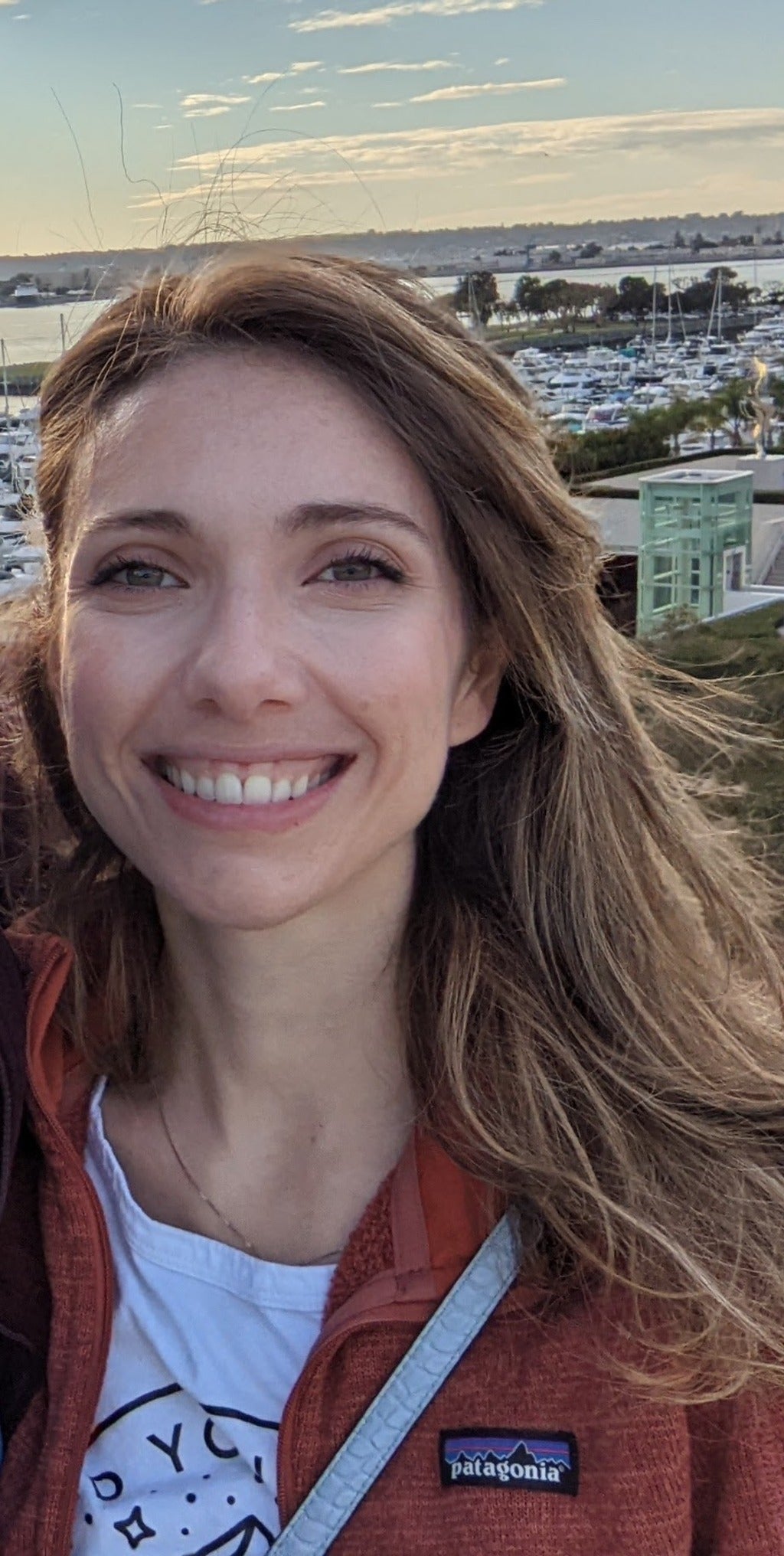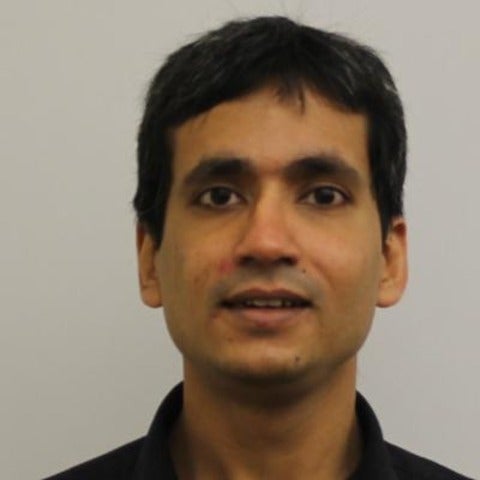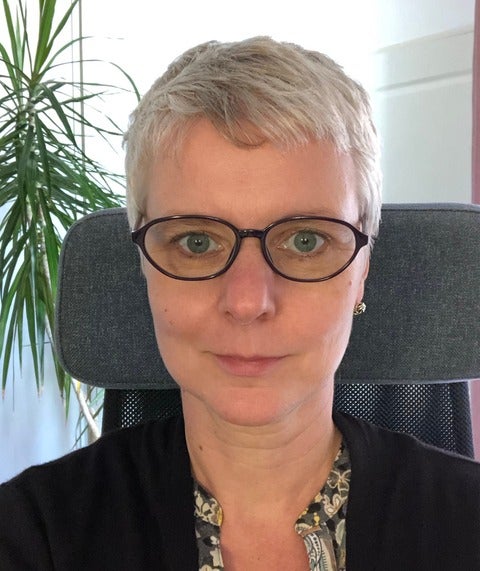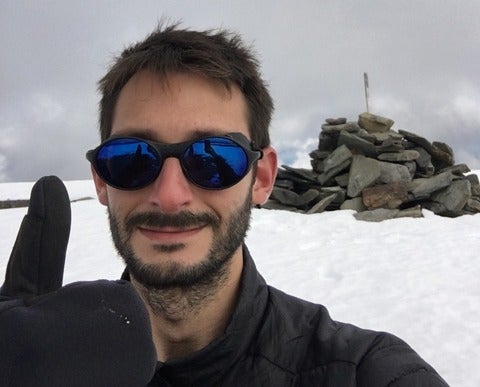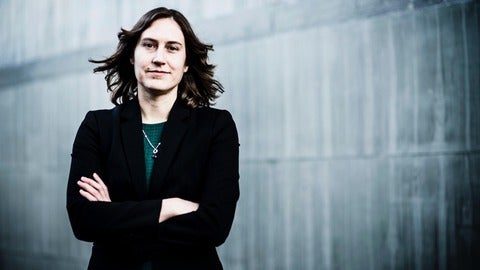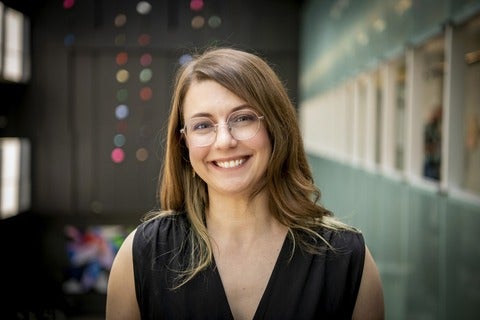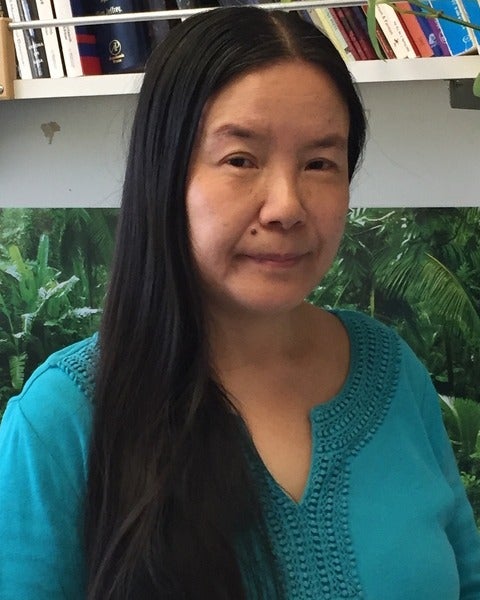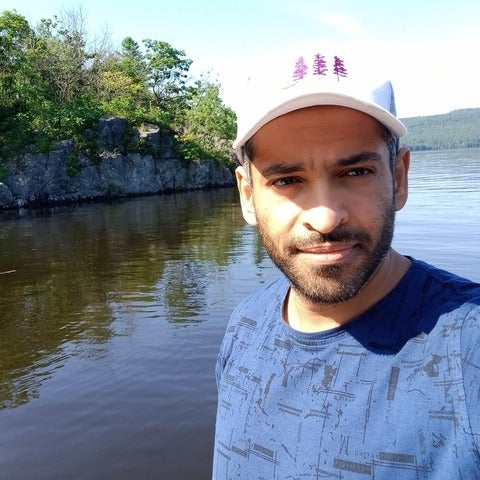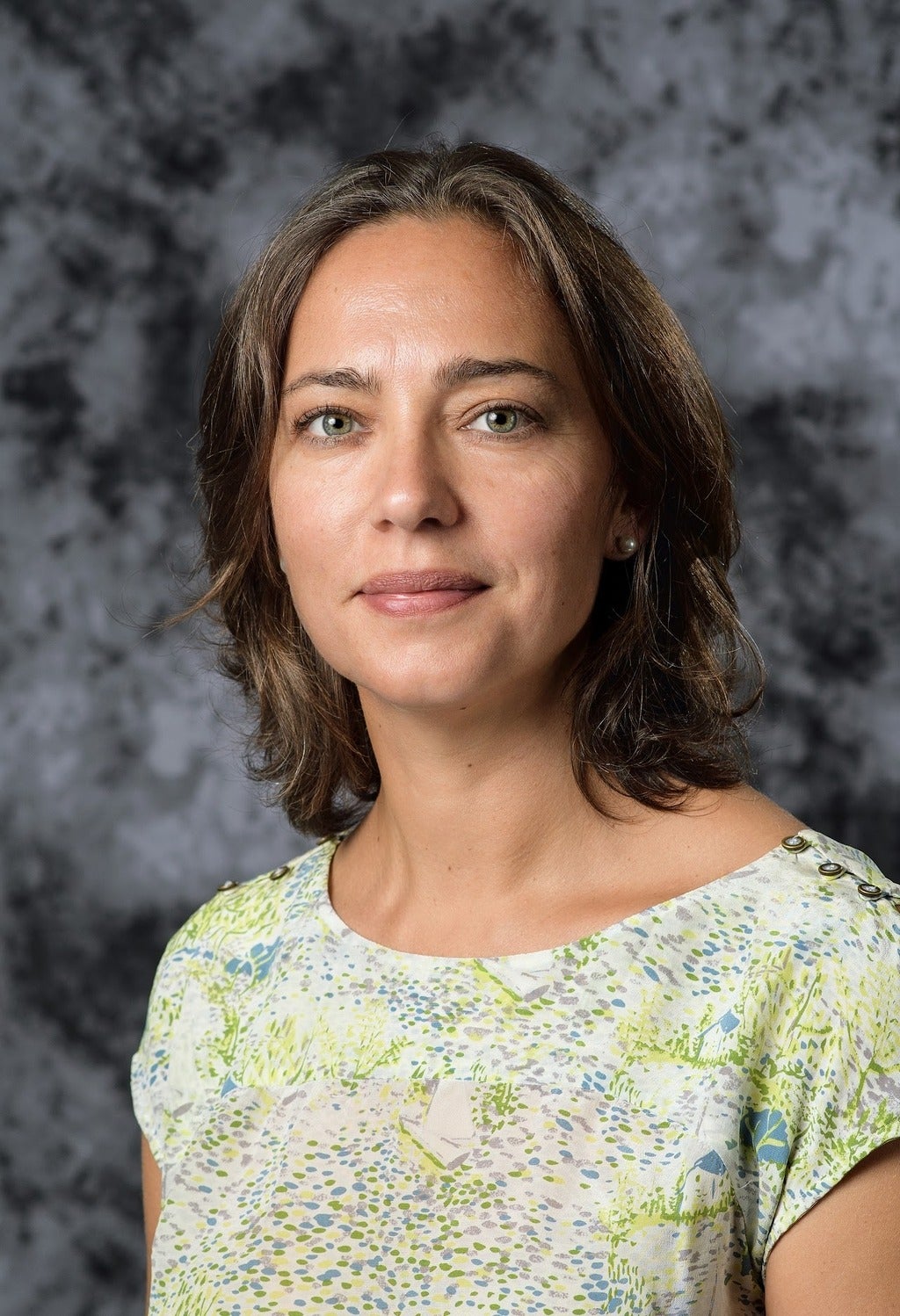Astro Seminar Series - VIA ZOOM
Serena Perrotta is an Assistant Project Scientist at the Center for Astrophysics & Space Sciences in the Department of Physics at the University of California San Diego. She received her B.S. and M.S. in Astrophysics from the University of Bologna (Italy) and her Ph.D. in Astrophysics from the International School for Advanced Studies (Trieste, Italy) in 2016.
